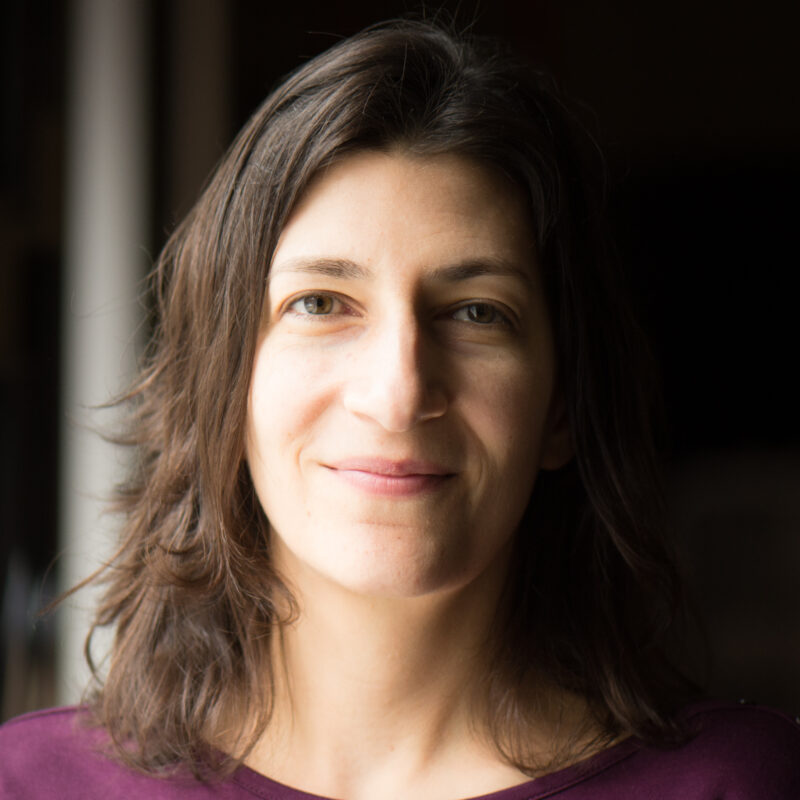Listen to episodes featuring Rosalie Metro:
Scholarship and Social Change: Activist Academics
by Rosalie Metro
Assistant Teaching Professor
University of Missouri
How do students and teachers use their agency to transform their educational environments and societies? This question interests me in my research in Southeast Asia, my work training teachers in the US, and my life as a scholar-activist. Recently I’ve listened to several FreshEd episodes that provide answers worth elevating.
In an interview about her book No Study Without Struggle: Confronting Settler Colonialism in Higher Education (Beacon Press, 2021), Leigh Patel describes traditions of activism within and outside of the academy and shows how universities are always politicized spaces, from their hiring practices to the student protests that have rocked them. This interview helped me consider my experiences teaching at the University of Missouri during protests in 2015, when Black students demanded that our institution confront its racist history and transform its present. I also thought of my work with our chapter of the American Association of University Professors, through which I’ve built solidarity with colleagues to promote shared governance and push back against inequitable administrative decisions. Sometimes these efforts seem “outside” of my work as an academic, but Dr. Patel reminds me that they’re at the heart of our mission to educate and be educated.
Kanokrat Lertchoosakul’s insights on 2020 student protests in Thailand provide an example of engaged scholarship and student activism. Dr. Kanokrat has been following the Thai political scene for years, so she’s able to contextualize the radicalization of a generation of students in response to the repression of military dictator Prayut Chan-o-cha and the absolute powers of the Thai monarchy. Given that people have been disappeared for speaking out and imprisoned for lèse-majesté for posting on social media, the students’ protests and Dr. Kanokrat’s coverage of them is incredibly courageous. This interview reminds me of the different stakes we face for our activism depending on our location and positionality —while professors in my native US might lose their jobs for challenging power structures, those in Thailand face more severe consequences.
Whatever our surroundings, we can’t do this work alone. The interview with Colette Cann and Eric DeMeulenaere about their book, The Activist Academic: Engaged Scholarship for Resistance, Hope and Social Change (2020, Myers Education Press), is uplifting not because they sugarcoat the challenges of creating change inside and outside the academy, but because their collaboration shows that having good company on this journey makes it much easier. I thought of the friendships that have sustained me through teaching high school and through grad school, and in my current life as a professor. It’s the people who have our back when we speak up in meetings, the ones we can debrief with afterward, the ones we can laugh with even when things feel awful. Drs. Cann and DeMeulenaere talk us through the paralysis that can come from critiquing every attempt at liberation and remind us that “right relationship” can counter white supremacist cultures.
All of these interviews humanize the struggle for justice; enjoy them!
November 1, 2022






